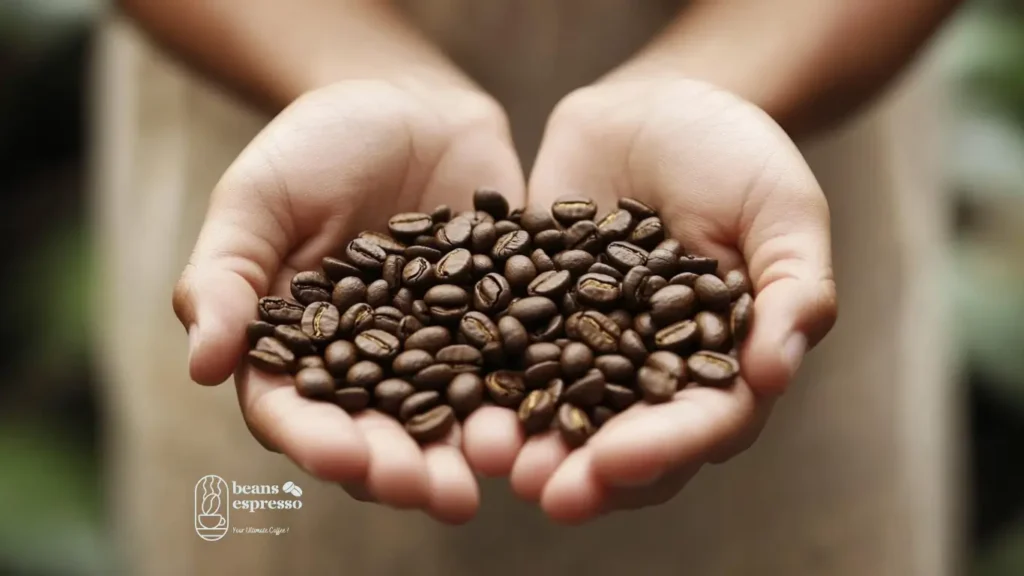The History of Coffee: From Myth to Modern Culture
The History of Coffee : Coffee is more than a drink—it’s a ritual, a culture, and a global industry worth billions. How did this simple bean become the second-most traded commodity in the world after crude oil? Its story begins in the highlands of Ethiopia with a curious goat herder and his energetic flock. From mythical beginnings to global dominance, let’s explore the fascinating journey of coffee through the centuries.
1. The Legend of Kaldi: Where Coffee’s Story Begins
The origins of coffee are steeped in legend. In Ethiopia, folklore tells of a goat herder named Kaldi who noticed his goats acting unusually lively after eating berries from a certain tree. Intrigued, Kaldi brought these berries to a local monastery, where monks brewed them into a drink. The result? A beverage that helped them stay alert during long hours of prayer.
This energizing discovery quickly spread throughout Ethiopia, eventually reaching the Arabian Peninsula. This story remains a charming way to introduce coffee’s early history, even if the exact details are lost to time. see more The History of Coffee
2. Coffee’s Rise in the Arabian Peninsula
By the 15th century, coffee was cultivated and traded across the Arabian Peninsula. Yemen became the epicenter of coffee production, particularly around the port of Mocha, which became synonymous with the drink.
In cities across the Middle East, public coffeehouses, or qahveh khaneh, emerged as vital hubs of social activity. These establishments weren’t just for drinking coffee—they became venues for music, chess, poetry, and lively debates. Known as “Schools of the Wise,” these coffeehouses played a pivotal role in the cultural and intellectual life of the time.
The fame of coffee grew as pilgrims visiting Mecca shared its energizing properties with travelers and merchants, spreading its popularity to new regions.
3. How Coffee Conquered Europe
Coffee arrived in Europe in the 17th century, carried by traders and travelers returning from the Near East. Initially, it faced resistance. Some clergy denounced it as the “bitter invention of Satan,” but Pope Clement VIII famously intervened, tasting the drink himself. Delighted by its flavor, he gave coffee his blessing, allowing it to flourish across Christendom.
Coffeehouses became central to European life, especially in cities like Venice, London, and Paris. In England, they were nicknamed “penny universities” because a penny bought not just a cup of coffee but access to stimulating conversations. These spaces became breeding grounds for intellectual thought, business ideas, and networking. For example, Lloyd’s of London, the famous insurance market, began as a coffeehouse.
Coffee soon replaced traditional breakfast beverages like beer and wine, ushering in a more energised and productive workforce. This shift symbolised coffee’s growing influence on European society.
4. Coffee’s Role in Global Trade and Expansion
As coffee’s popularity grew, European powers competed fiercely to control its cultivation. The Dutch were pioneers, establishing coffee plantations in Java, Sumatra, and other parts of Indonesia during the 17th century. These efforts created a thriving trade network and marked the beginning of coffee’s globalisation.
The Americas entered the coffee scene in the 18th century. French naval officer Gabriel de Clieu famously transported a coffee seedling from Paris to the Caribbean island of Martinique. Despite storms, sabotage, and pirate attacks, he successfully planted the seedling, which became the ancestor of millions of coffee trees in the Americas.
Brazil’s coffee industry owes its origins to an act of charm and subterfuge. Francisco de Mello Palheta, a Brazilian emissary, persuaded the wife of the French Guiana governor to secretly gift him coffee seeds. These seeds formed the foundation of Brazil’s coffee empire, which remains a global leader in production today.
By the late 18th century, coffee had become one of the world’s most lucrative crops, shaping colonial economies and fostering international trade.
5. Coffee’s Role in Cultural and Political Revolutions
Throughout history, coffeehouses have been at the heart of cultural and political revolutions. In 18th-century Europe, they were the meeting places of intellectuals, fueling the Enlightenment and other transformative movements. Similarly, in America, coffee played a symbolic role during the Boston Tea Party. As colonists protested British taxation on tea, they adopted coffee as a patriotic alternative—a tradition that endures to this day.
The Industrial Revolution brought innovations that transformed coffee consumption. The invention of the espresso machine in the late 19th century and the introduction of instant coffee in the 20th century made coffee more accessible and diverse than ever before.
6. Coffee in the Modern World: From Global Chains to Sustainability
In the 21st century, coffee has transcended its role as a simple beverage. It’s a lifestyle, a status symbol, and a cornerstone of modern culture. The rise of global coffee chains like Starbucks has revolutionized how coffee is consumed, emphasizing convenience and customization.
Meanwhile, the specialty coffee movement, often referred to as the “third wave,” has rekindled an appreciation for quality and artisanal roasting. This shift has created a thriving market for single-origin beans, direct trade practices, and innovative brewing methods.
However, coffee faces modern challenges. Sustainability, ethical sourcing, and climate change are pressing issues for the industry. Organisations promoting fair trade and environmentally friendly practices aim to protect the livelihoods of coffee farmers while ensuring the drink’s future.
Conclusion
From its mythical beginnings with Kaldi and his lively goats to its role in shaping global trade and culture, coffee’s journey is nothing short of extraordinary. It has inspired revolutions, fueled economies, and brought people together across continents.
Today, as you sip your morning brew, you’re participating in a story centuries in the making—a story of resilience, connection, and the enduring allure of this remarkable beverage.
What’s your coffee story and Journey of Coffee? Share this article with a friend and celebrate the history of coffee over your next cup!

